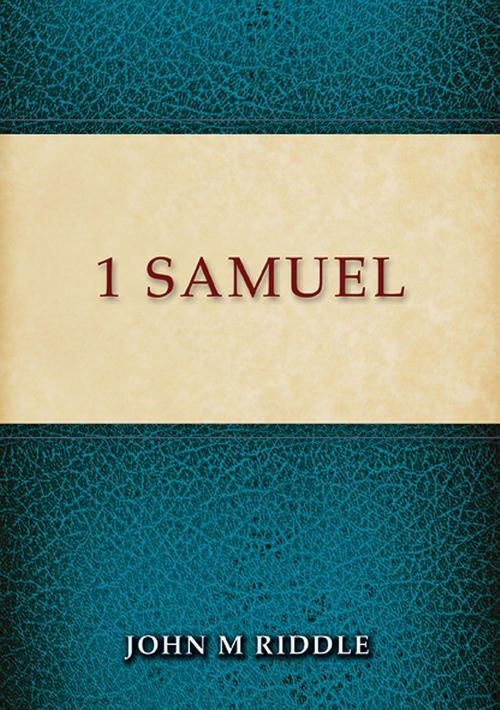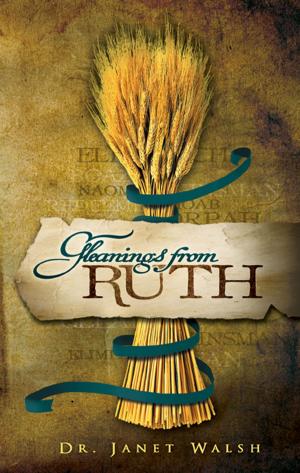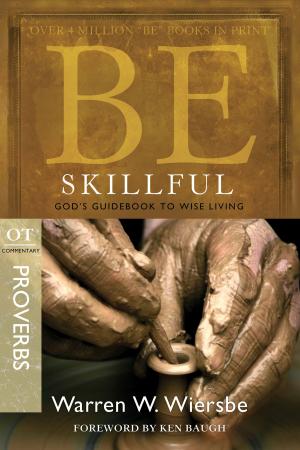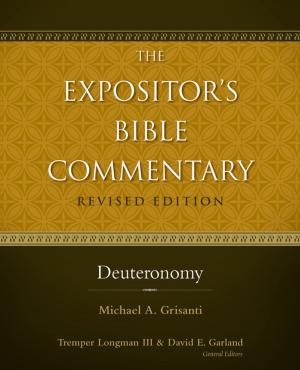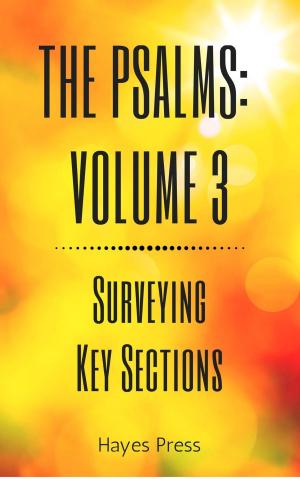1 Samuel
Nonfiction, Religion & Spirituality, Bible & Bible Studies, Hermeneutics, Study, Old Testament| Author: | John Riddle | ISBN: | 9781909803008 |
| Publisher: | John Ritchie | Publication: | September 16, 2014 |
| Imprint: | Smashwords Edition | Language: | English |
| Author: | John Riddle |
| ISBN: | 9781909803008 |
| Publisher: | John Ritchie |
| Publication: | September 16, 2014 |
| Imprint: | Smashwords Edition |
| Language: | English |
We must commence our studies in 1 Samuel by remembering that “whatsoever things were written aforetime were written for our learning, that we through patience and comfort of the scriptures might have hope” (Rom 15.4). We can therefore expect to hear God speaking to us throughout the book. The first chapter proves the point. It is brim-full of important lessons. But before we embark on chapter 1 we ought to say several things about the book in general.
1. The Name of the Book
In the Hebrew manuscripts, 1 & 2 Samuel form one book, and the same format applies to 1 & 2 Kings and 1 & 2 Chronicles. In the Septuagint translation of the Hebrew Scriptures into Greek, made at Alexandria in the third century BC (the work actually commenced in 280 BC), 1 & 2 Samuel and 1 & 2 Kings are called the First, Second, Third, and Fourth Books of the Kingdoms. (It is called the Septuagint because, it is alleged, seventy scholars were involved in the translation). The word “Kingdoms” refers, of course, to the two kingdoms of Judah and Israel. The Latin Vulgate translation repeated the Septuagint division of Samuel and Kings into two books each, but called them the First, Second, Third, and Fourth Books of the Kings (not “Kingdoms”). This is the origin of the sub-titles to these four books in our Authorised Version. For example, under the title “The First Book of Samuel”, you will find “Otherwise called the First Book of the Kings”.
2. The Position of the Book
First Samuel covers the period of Israel’s history commencing with the birth of Samuel to the death of Saul - approximately one hundred and fifteen years (1171-1056 BC). It was a most important period for at least two reasons. First, the era of the Judges ended, and the era of the prophets commenced, and, second, the era of direct divine rule ended, and the era of the earthly monarchy commenced.
We must commence our studies in 1 Samuel by remembering that “whatsoever things were written aforetime were written for our learning, that we through patience and comfort of the scriptures might have hope” (Rom 15.4). We can therefore expect to hear God speaking to us throughout the book. The first chapter proves the point. It is brim-full of important lessons. But before we embark on chapter 1 we ought to say several things about the book in general.
1. The Name of the Book
In the Hebrew manuscripts, 1 & 2 Samuel form one book, and the same format applies to 1 & 2 Kings and 1 & 2 Chronicles. In the Septuagint translation of the Hebrew Scriptures into Greek, made at Alexandria in the third century BC (the work actually commenced in 280 BC), 1 & 2 Samuel and 1 & 2 Kings are called the First, Second, Third, and Fourth Books of the Kingdoms. (It is called the Septuagint because, it is alleged, seventy scholars were involved in the translation). The word “Kingdoms” refers, of course, to the two kingdoms of Judah and Israel. The Latin Vulgate translation repeated the Septuagint division of Samuel and Kings into two books each, but called them the First, Second, Third, and Fourth Books of the Kings (not “Kingdoms”). This is the origin of the sub-titles to these four books in our Authorised Version. For example, under the title “The First Book of Samuel”, you will find “Otherwise called the First Book of the Kings”.
2. The Position of the Book
First Samuel covers the period of Israel’s history commencing with the birth of Samuel to the death of Saul - approximately one hundred and fifteen years (1171-1056 BC). It was a most important period for at least two reasons. First, the era of the Judges ended, and the era of the prophets commenced, and, second, the era of direct divine rule ended, and the era of the earthly monarchy commenced.
